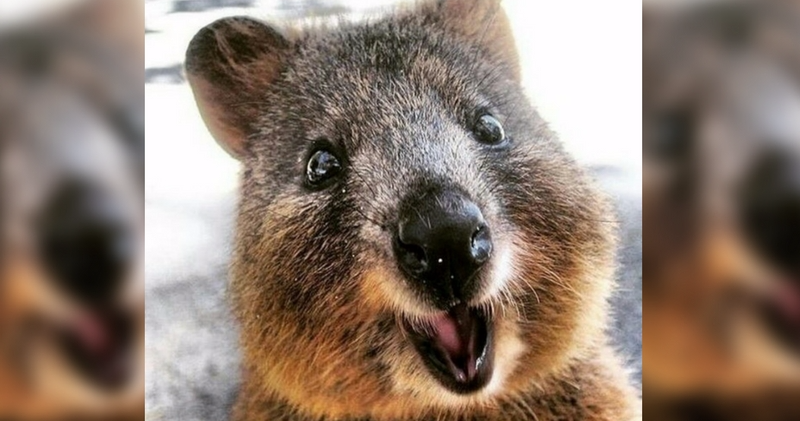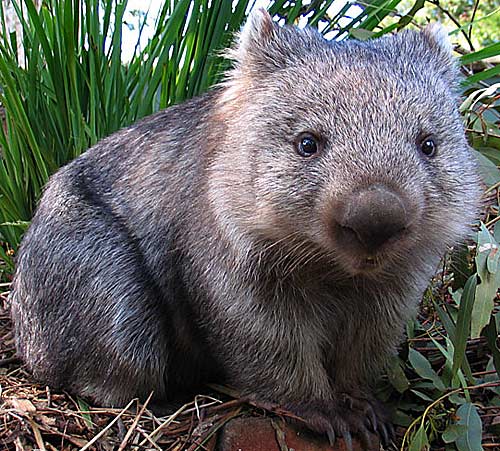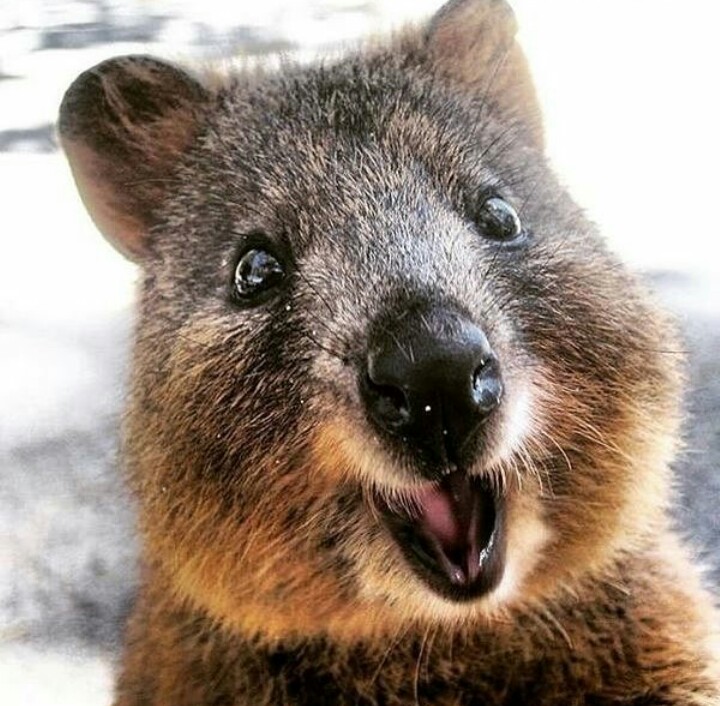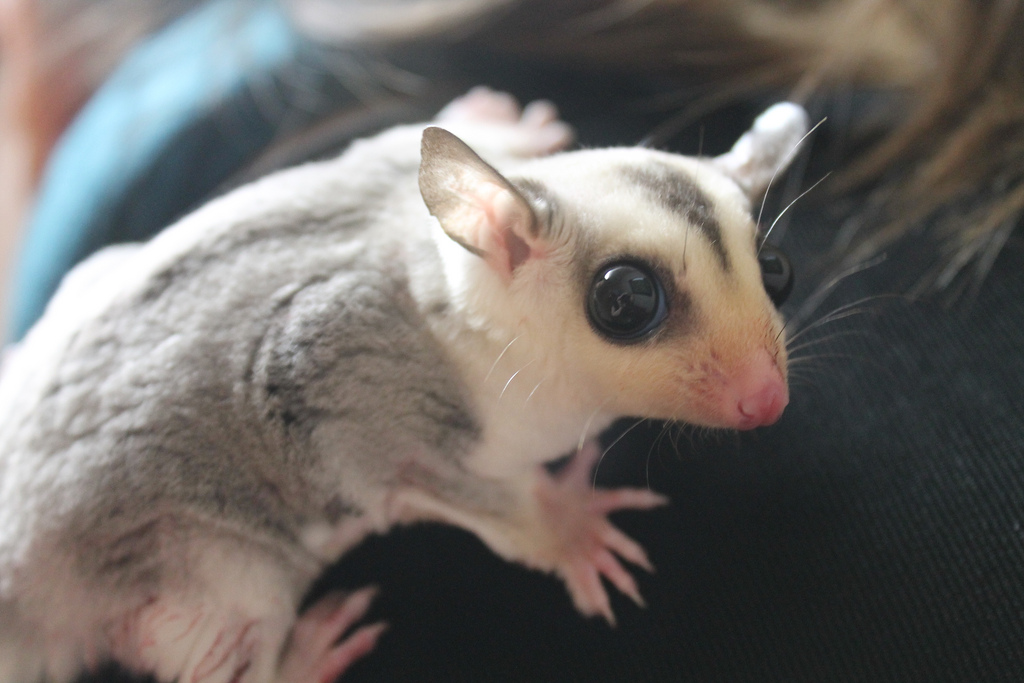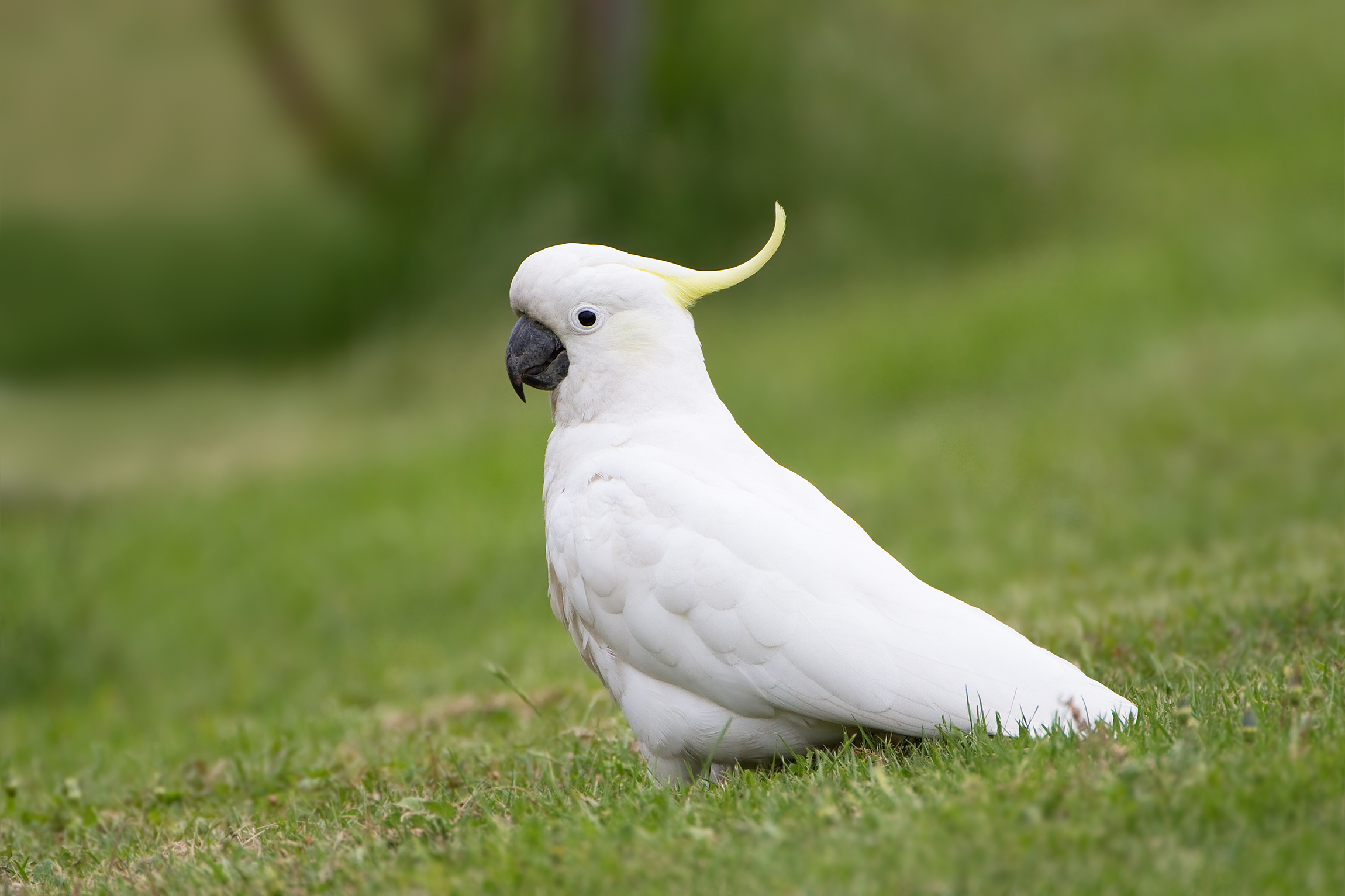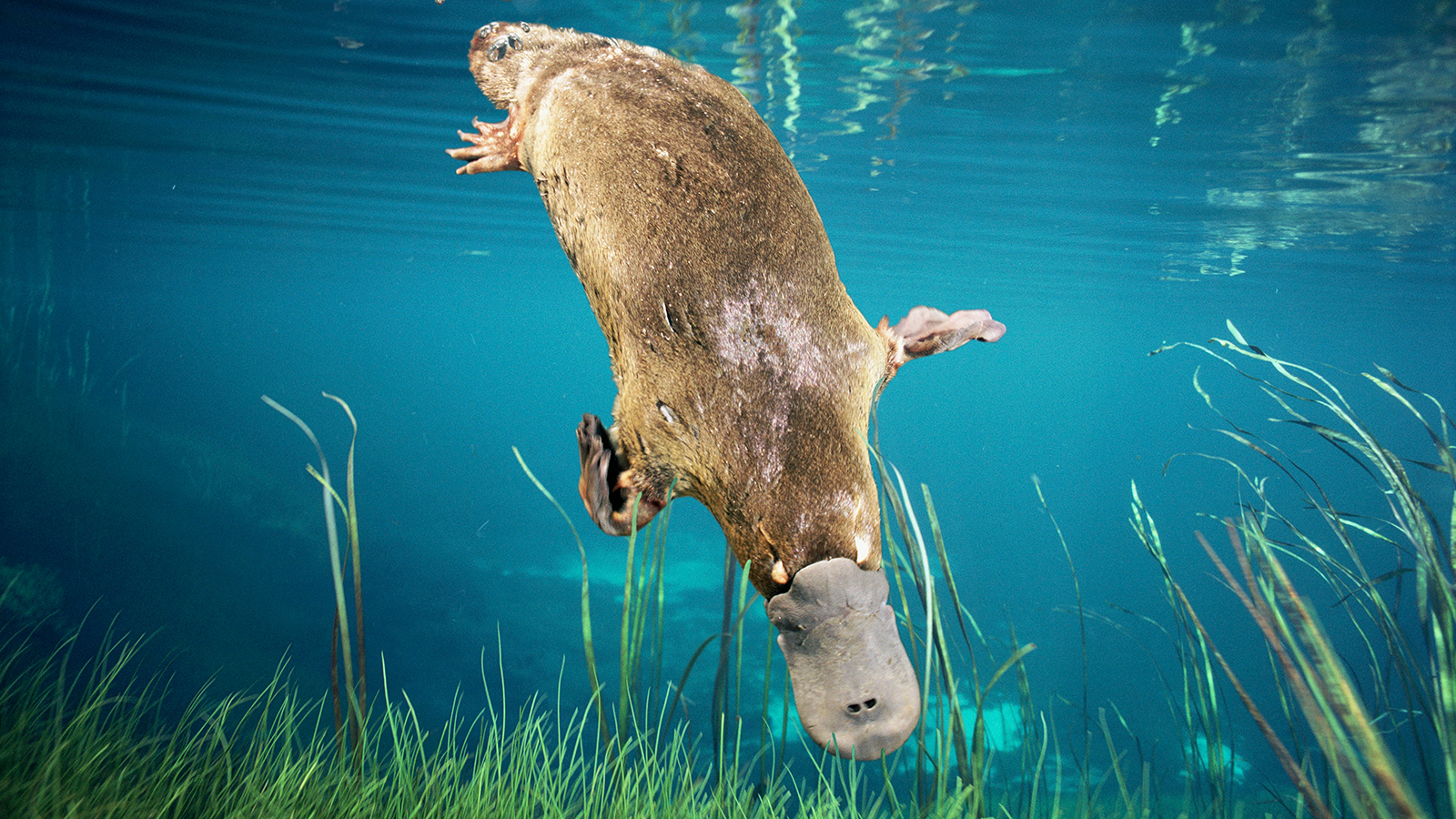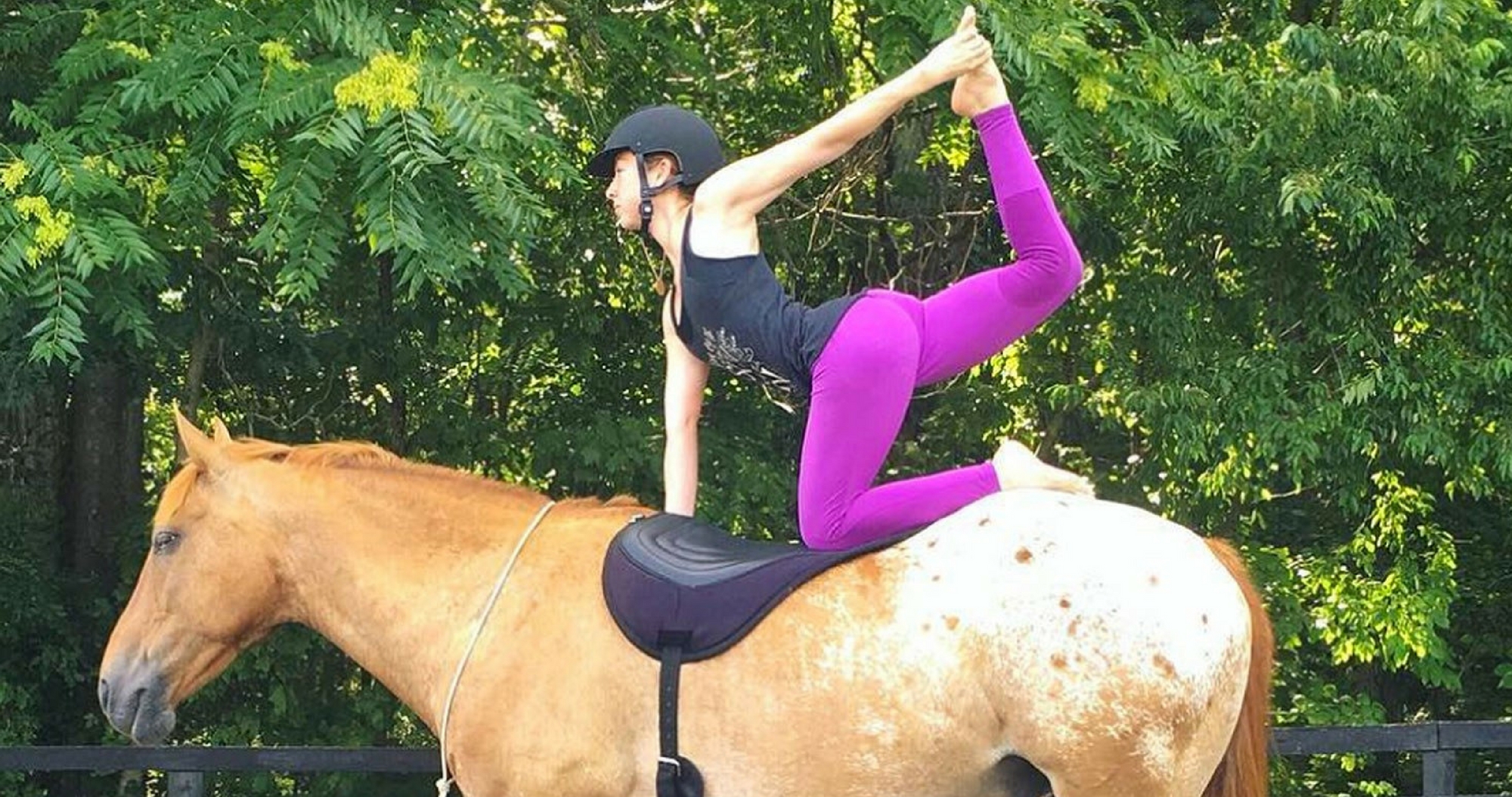Everyone knows that Australia is full of deadly creatures: creepy-crawlies, slithering snakes and flying insects as big as your head. The thought of running into any one of them is enough to change anyone's mind about taking a trip down under.
However, if you allow fear to keep you away - you're missing out on an incredible opportunity to see some equally adorable and fuzzy creatures that call the land down under their home.
Here are seven adorable animals that want to change your mind about Australia - it's not the island of creatures that want to kill you, but a paradise of perfectly precious cuddle creatures!
WOMBAT
These cute little guys are marsupials with short, muscular legs and stubby tails. They can grow up to about 35 kg and can as fast as 40 km/h if they feel threatened.
With their rodent-like front teeth and powerful claws, wombats dig extensive burrows for themselves. Unlike a Kangaroo, they have a backwards facing pouch, which protects their young from being covered in soil as the parents dig into the ground.
QUOKKA
Described as the world's happiest animal, the quokka belong to the same family as kangaroos and wallabies. They are herbivorous and mainly nocturnal creatures.
These adorable little buddies only get up to about 11 pounds and gan grow up to 21 inches long. They're stocky with round ears and a short broad head. Although the look a bit like kangaroos, they can climb trees and shrubs.
SUGAR GLIDER
These sweet little marsupials are nocturnal gliding possums. You'll find them floating from tree to tree at night, chasing insects and drinking sap from the trees they live in.
They have a gliding membrane, called a patagium that extends from their front legs to their back legs which helps them to float almost effortlessly through the air. They are covered in soft, pale grey or brown fur, which is typically lighter on their bellies.
COCKATOO
Although you don't necessarily have to go to Australia to see these beautiful birds in person, you might notice a difference when seeing them in their natural habitat.
Cockatoos require daylight to find their food, but they're not early risers. These guys prefer to wait until the sun has warmed up their preferred roosting sites before they step out for the day. They are highly social and love to travel together in noisy flocks.
They are some of the more monogamous breeders of the animal kingdom - cockatoos form pair bonds that last many years.
KANGAROO
Anyone who thinks about Australia would tell you that an image of a Kangaroo is instantly brought mind. One of the most iconic animals of the outback, these creatures are known as macropods, which means "large foot."
Kangaroo males can grow to be about 6 feet, 7 inches tall and weigh up to 200 pounds. Although their powerful kick is enough to kill a man, they typically prefer not to confront humans.
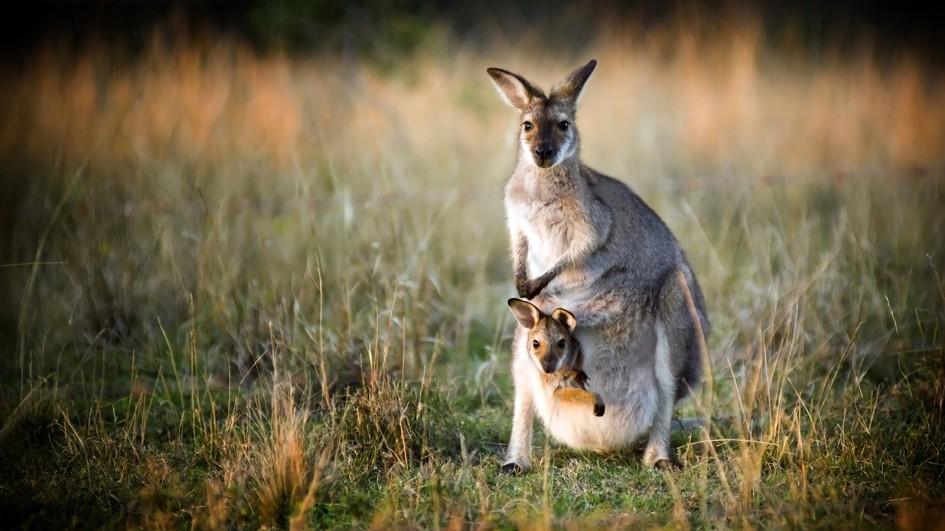
PLATYPUS
You've probably heard the joke about the platypus - God runs out of animal parts, and all he has left are extra duck bills and beaver bodies: thus, the unfortunate platypus was born.
These cute creatures are semi-aquatic animals that live in eastern Australia and Tasmania. In addition to looking like someone combined a duck, a beaver, and an otter, they are the only mammals that lay eggs.
Bonus Video:
Did you hear the one about the koala who walks into a bar?
Jeffrey the koala walked into a bar in Adelaide, Australia and caused quite a stir for 13-year-old Emily Ioannou-Mena.
The curious koala is a bit of a celebrity and has been spotted numerous times in the trees near the Adelaide Hills restaurant. The curious critter was gently removed by Fauna Rescue of South Australia and safely returned to the wild.
So a koala named Jeffrey just walked into a restaurant in Adelaide... You can't make this stuff up! http://bit.ly/UpCloseAndWildSA Video: Emily Ioannou-Mena (13yrs) and Xenia Ioannou
Posted by South Australia on Tuesday, June 20, 2017
